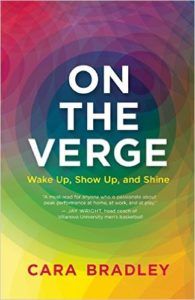In my previous post about publishing tips shared by literary agents from Harvard Medical School’s publishing course, I mentioned that Dr. Julie Silver, who moderated the agent panel, said, “Agents love to lunch.” They also love to breakfast and dinner. Here are some points made over our meals together:
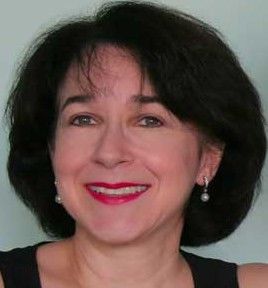
Linda Konner: Over breakfast, Linda mentioned how authors often focus on their next book too soon, diverting crucial attention from a just- published book. “I tell authors not to think about a second book until [their book has] been out at least six months. Most books don’t do that well from the very start.”
Most books take time to build momentum. Keep working to gather momentum. Rushing into your second book can actually make it harder to publish that book, if book sales from book one are not strong enough.
Linda’s other advice: “Just because you’re in a hurry to publish doesn’t mean you’re ready.” Many authors feel a sense of urgency about getting their books published and getting their book proposals into the hands of agents and publishers. However, it’s important to take the time to develop the ideas, polish the writing and also develop a very strong author platform. That way, when you approach agents and publishers, you don’t waste their time or yours—and you put forward the best possible case for publishing your book.
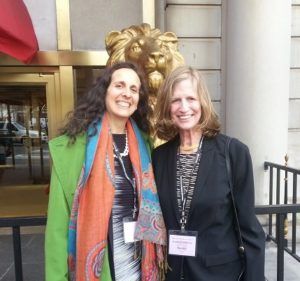
Jeanne Fredericks: Jeanne and I discovered the salads and vegetable/quionoa bowls at B Good on Boylston Street at lunch on Friday. Jeanne’s advice to aspiring authors? “Be open versus being right.”
Give yourself permission not to know things. “Ask questions. You never know what kind of referral, idea or information you will get.”
Jeanne advises course participants and other aspiring authors to help each other and share across social media circles. That’s good advice for any aspiring author.
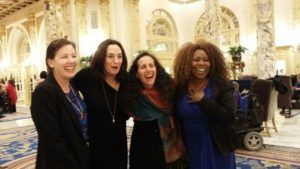
Regina Brooks: Regina, Dr. Randy Kamen and I squeezed in a quick dinner at the Westin before I headed back to teach an evening writing workshop. Regina mentioned the continued trend towards conglomeration in the industry, as Hachette purchased Perseus’ nine imprints. “More imprints are going away, and the smaller book deals are going with them.”
The bigger players tend to be more demanding about an author having a significant platform. One large publisher mentioned a minimum of 30,000 Twitter followers. Now, don’t panic. There are still mid-sized publishers out there. And there are niche publishers, too. However, you do want to be aware that the more you can do to build your platform, the more likely you are to have an expansive range of publishing options available.
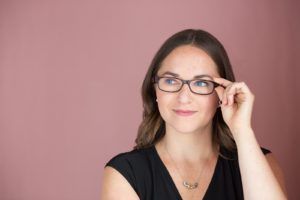
Sally Ekus: I caught up with Sally after the conference and here’s what she said. “Attending the Harvard Writer’s conference reignites the passion I feel in talking with authors who are just starting out. Here is some advice that I didn’t get a chance to share on the panel:
- We always encourage authors to do things “right, not rushed.” If you don’t have the time or patience to work on a solid proposal it is going to be hard, if not impossible to get the book right.
- When looking for an agent: hopefully all agents can do the job, so I encourage authors to think about how that agent does the job when looking for the right fit.
- Publishing is a shifting industry. Throughout an author’s writing career their editor may move houses or their publisher may get acquired by a larger house. Think about your agent as one of the most consistent relationships you have over the course of your career.”
There are so many terrific agents at the conference and never enough time to visit with everyone. Next year, I plan to get organized ahead of time, so I have more to report from Albert LaFarge and Don Fehr. Fortunately, I think I can count on seeing Albert LaFarge and his family when they return to the LaFarge family homestead during raspberry season in Saunderstown.
I hope you’ve found this publishing tidbits helpful and perhaps I’ve sparked your interest to join us for the Harvard Medical School CME writing and publishing course in 2017.

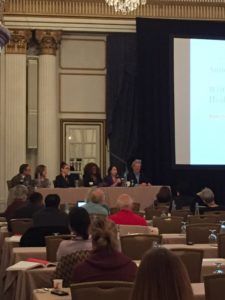
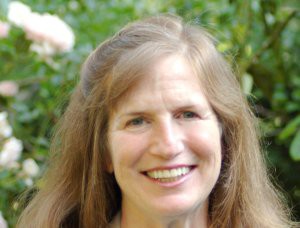
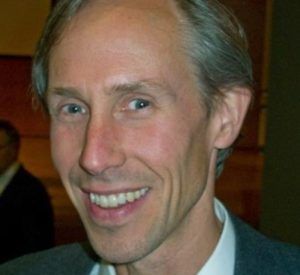

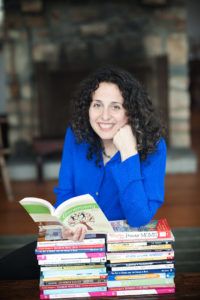 Do you feel overwhelmed when thinking about how to write a book proposal?
Do you feel overwhelmed when thinking about how to write a book proposal?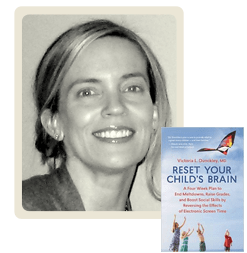
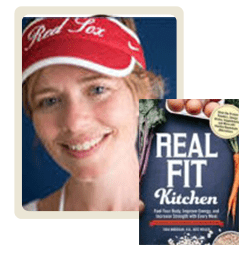 struck a chord? Why? When Tara Mardigan, co-author of
struck a chord? Why? When Tara Mardigan, co-author of 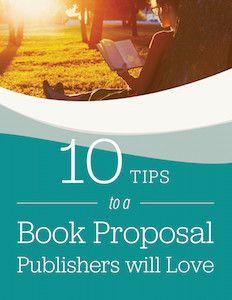
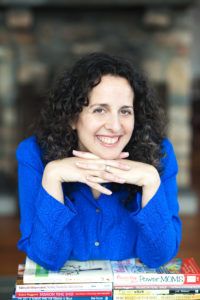 How to Write a Book? Seems like a straightforward, here-are-the-steps, kind of thing.
How to Write a Book? Seems like a straightforward, here-are-the-steps, kind of thing. There’s an expression, “Peace is just a breath away.” In this case, the words, the flow, the passion are a metaphoric breath away.
There’s an expression, “Peace is just a breath away.” In this case, the words, the flow, the passion are a metaphoric breath away. This idea of setting aside time felt better, so we dealt with her second challenge, after making the time. This writer, an academic, had trouble just writing without editing. Instead, she worried over each word, striving for perfection. And every statement needed to be backed up by research.
This idea of setting aside time felt better, so we dealt with her second challenge, after making the time. This writer, an academic, had trouble just writing without editing. Instead, she worried over each word, striving for perfection. And every statement needed to be backed up by research. One More Challenge
One More Challenge Do you think of writing a book as a serious, hard and gargantuan task?
Do you think of writing a book as a serious, hard and gargantuan task?